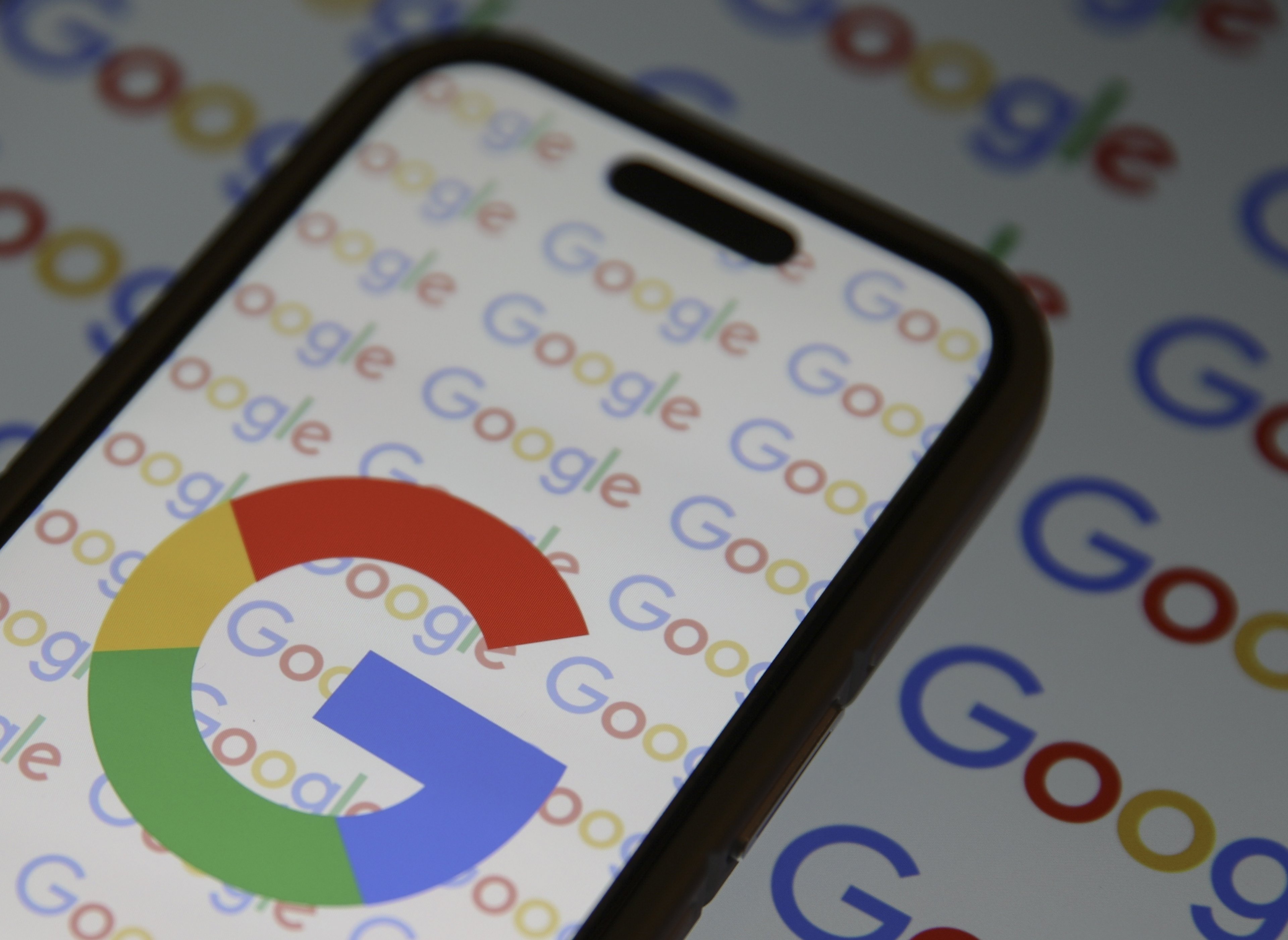Many investors were surprised by Google's decision to restructure under the name, Alphabet (GOOG 0.06%) (GOOGL 0.04%). However, with such a wide variety of distinct businesses and brands, keeping track of performance for each segment and prioritizing them presented a challenge for shareholders.
The name change and new structure, while it might seem confusing at first, is actually good news, and Motley Fool analysts Dylan Lewis and Sean O'Reilly are here to explain the results from Alphabet's first quarterly report.
Listen to the entire podcast by clicking here. A full transcript follows the video.
Sean O'Reilly: Moving on to the big news of the day, Google/Alphabet/I don't know what they're calling themselves ...
Dylan Lewis: ABCs. Whatever you want to call them.
O'Reilly: A-B-C, 1-2-3. They reported after close yesterday. Stock's up, so I'm assuming it was good.
Lewis: Yeah. Much like Amazon, we saw a 10% pop on an already solid company that has been on a pretty good run for a long time. They posted earnings of $7.35 per share on revenue of $18.68 billion.
O'Reilly: For the quarter? Good.
Lewis: Yeah. Analysts expected $7.21 per share on $18.53 billion in revenue. Solid beat there. Year over year revenue growth of 13%. Like we said ...
O'Reilly: That's not white-hot, but they're a huge company.
Lewis: Yeah. Very favorable market reaction. I think as a reminder to investors, this is the last report we will see as "Google" as you know it. They will be moving forward and reporting in the Alphabet structure moving forward.
O'Reilly: For those that may or may not be aware; why did they shake things up and make their bread and butter business that was Google a subsidiary of this Alphabet thing. Why?
Lewis: A lot of it had to do with providing all these individual business segments more autonomy as well as having more focused management on those. By shedding off their responsibilities of Brin and Page and making Sundar Pichai the CEO of Google, I think you wind up being able to a) being able to retain talent, being able to promote people to executive level positions -- which is huge in tech -- and for the six or so business segments that are going to have dedicated executives; that's great.
I think it also lets them have a better blend of their businesses. It gives them someone that is looking at the big picture for all six, or so. There's that side of it. I think another big reason they're doing it is because it helps give Wall Street more clarity into their business.
O'Reilly: It was basically just Google, and then all this other stuff.
Lewis: Yeah. Rather than have some of these bottom line draining business segments dragging down overall reporting for things like Google, instead you're seeing Google's Internet properties separate, and then some of the life sciences and big bet type things being segmented out so you can see what capex is going to be for that segment specifically.








